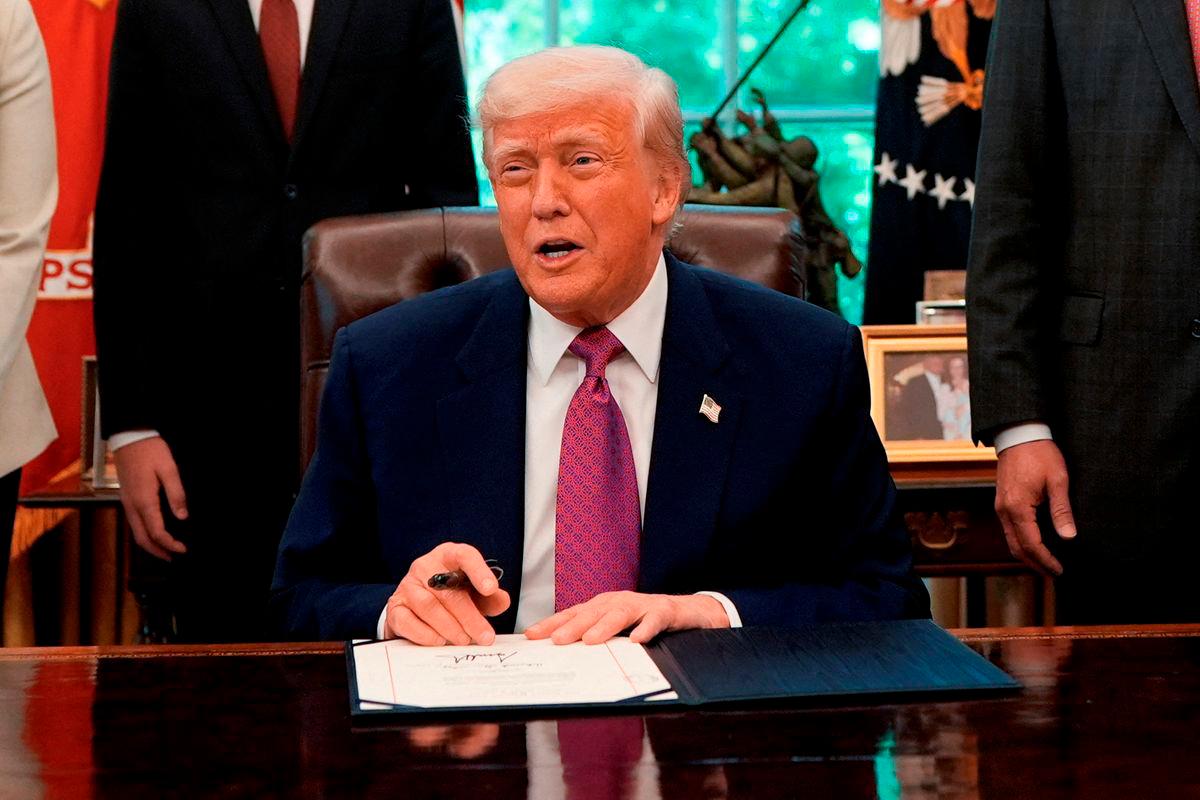WASHINGTON: U.S. President Donald Trump said on Sunday he would sign an executive order to cut prescription prices to the level paid by other high-income countries, an amount he put at 30% to 80% less.
In a post on Truth Social, Trump said he would sign the executive order on Monday morning to pursue what is known as “most favored nation” pricing or international reference pricing.
The U.S. pays the most in the world for many prescription drugs, often nearly triple that of other developed nations. Trump has said he wants to close that spread, but has not publicly specified how and did not provide details in his post.
“They will rise throughout the World in order to equalize and, for the first time in many years, bring FAIRNESS TO AMERICA!” he said.
“I will be instituting a MOST FAVORED NATION’S POLICY whereby the United States will pay the same price as the Nation that pays the lowest price anywhere in the World,“ Trump added.
Drugmakers have been expecting an order that would focus on the Medicare health insurance program, according to four drug industry lobbyists who said they had been briefed by the White House. Reuters previously
reported
such a policy was under consideration.
The drugmakers expect the order to apply to a universe of drugs beyond those currently subject to negotiation under former President Joe Biden’s Inflation Reduction Act.
Because of that law, Medicare has negotiated prices for 10 drugs, with those prices due to be put in place next year. More medicines were set to be negotiated later this year.
“Government price setting in any form is bad for American patients,“ Alex Schriver, a spokesperson for the top U.S. drug company lobbying group, the Pharmaceutical Research and Manufacturers of America, said in a statement when asked about Trump’s planned executive order.
This is not the first time President Trump has tried to tie drug prices to what other countries pay. During Trump’s first term, a court blocked a proposed international reference pricing program.
That proposal five years ago was projected by his administration to save taxpayers more than $85 billion over seven years, cutting into U.S. annual spending of more than $400 billion on drugs.









